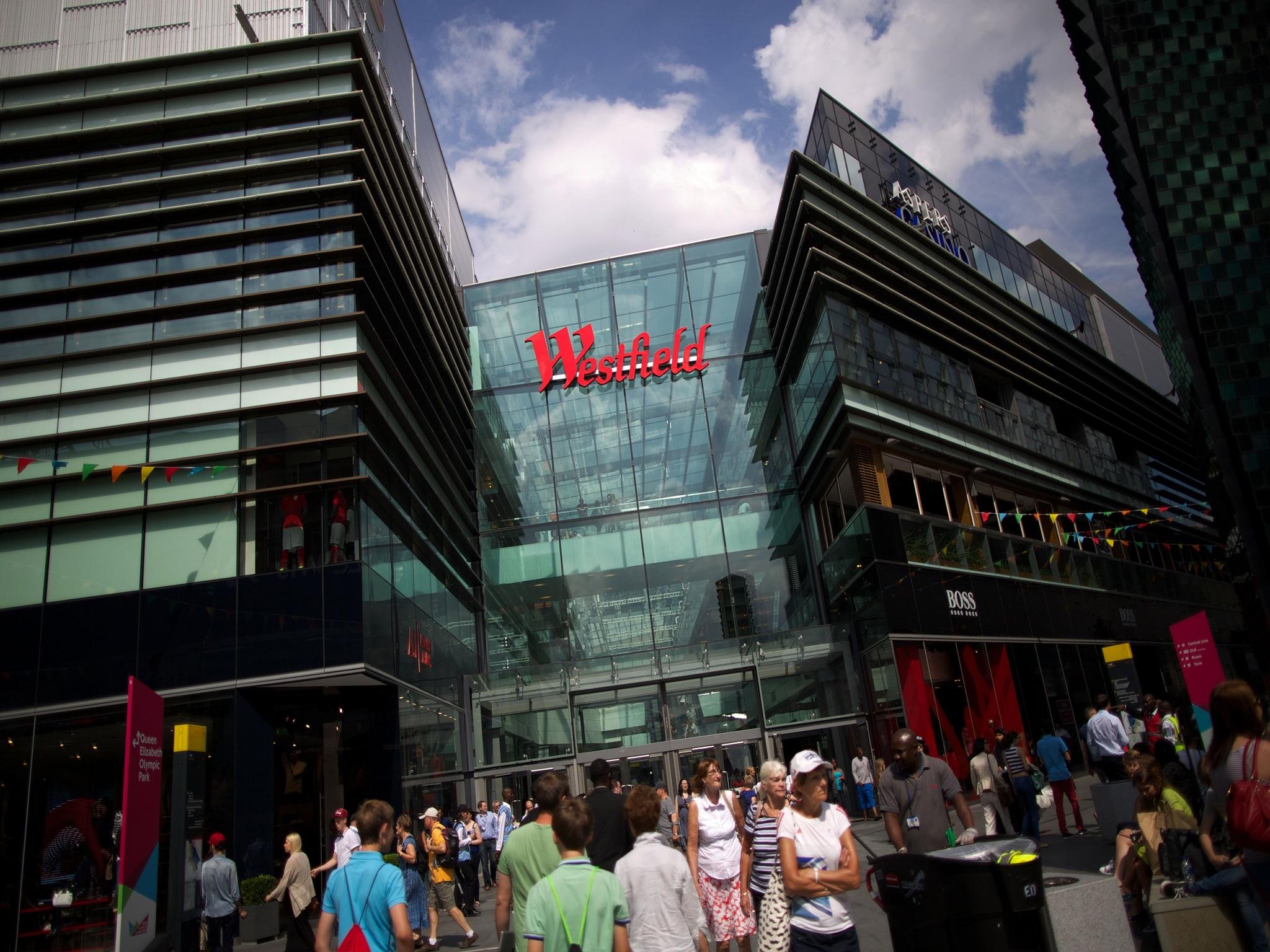Westfield gobbled up in megadeal. Have we reached peak shopping mall?
Hammerson’s £3.4bn bid for Intu, formerly Capital Shopping Centres, is chump change by comparison to the $24.7bn French property giant Unibail-Rodamco proposes to shell out for the Australian company

Amazon may continue to gobble up everything in its path, but the end-of-year action is all about shopping centres, which have become almost as hot an investment commodity as bitcoin.
Just days after this column discussed the success of the £600m extension of Westfield’s flagship West London emporium in terms of the tenants it’s attracting, the Australian company behind it has been gobbled up in a $24.7bn (£18.5bn) megadeal.
The purchaser, French outfit Unibail-Rodamco, is already the biggest commercial property outfit in Europe. It will boast a market value north of €60bn (£53bn) when the dust of this deal has settled.
The transaction makes Hammerson’s £3.4bn bid for rival Intu, formerly Capital Shopping Centres, that created Britain’s largest commercial property company and made quite a fuss earlier in the week, look very small potatoes.
Similar forces are behind both, however. In a world in which online accounts for a still growing share of shoppers’ purses and wallets, the main bricks and mortar rival is the enormous destination, boasting everything the consumer might wish for in one place.
These days that will probably include cinemas, and other entertainment such as bowling alleys, even casinos. Food courts too.
Westfield has been at the vanguard of the destination concept.
Getting big, and cutting costs (€100m in the first year through its takeover), is a natural follow on from the fact that the market in which it, and Hammerson, operate remains tough, and is moving rapidly.
This may not be the last such deal, as the ownership of retail space becomes dominated by giants.
Therein might lie the problem with deals like these.
Big companies, even ones that manage their properties sensitively, still prefer dealing with other big companies, which they are set up to cater for.
That means chains, chains, and more chains. The shops, the eateries and the entertainment venues you’ll find in big malls are mostly in that category.
That doesn’t change the fact that the destinations are a turn on for some people, popular venues for socialising with friends, and sometimes family.
Their fans seem happy to meander through air-conditioned, artificially lit halls, which are basically clones of the same air-conditioned, artificially lit, halls they can find at the other end of the country, and these days the other side of the world too (Westfield is in the US as well as the UK).
But all formats have a finite lifespan, and this one is a turnoff to equal numbers of people.
There don’t appear to be too many signs that the Westfield deal represents the peak of the destination shopping mall concept. Other than, perhaps, the deal itself.
Retail trends change rapidly, and its model looks ripe for disruption, perhaps by something offering a more interesting type of destination, with a little more individuality and humanity.
Join our commenting forum
Join thought-provoking conversations, follow other Independent readers and see their replies
Comments
Bookmark popover
Removed from bookmarks